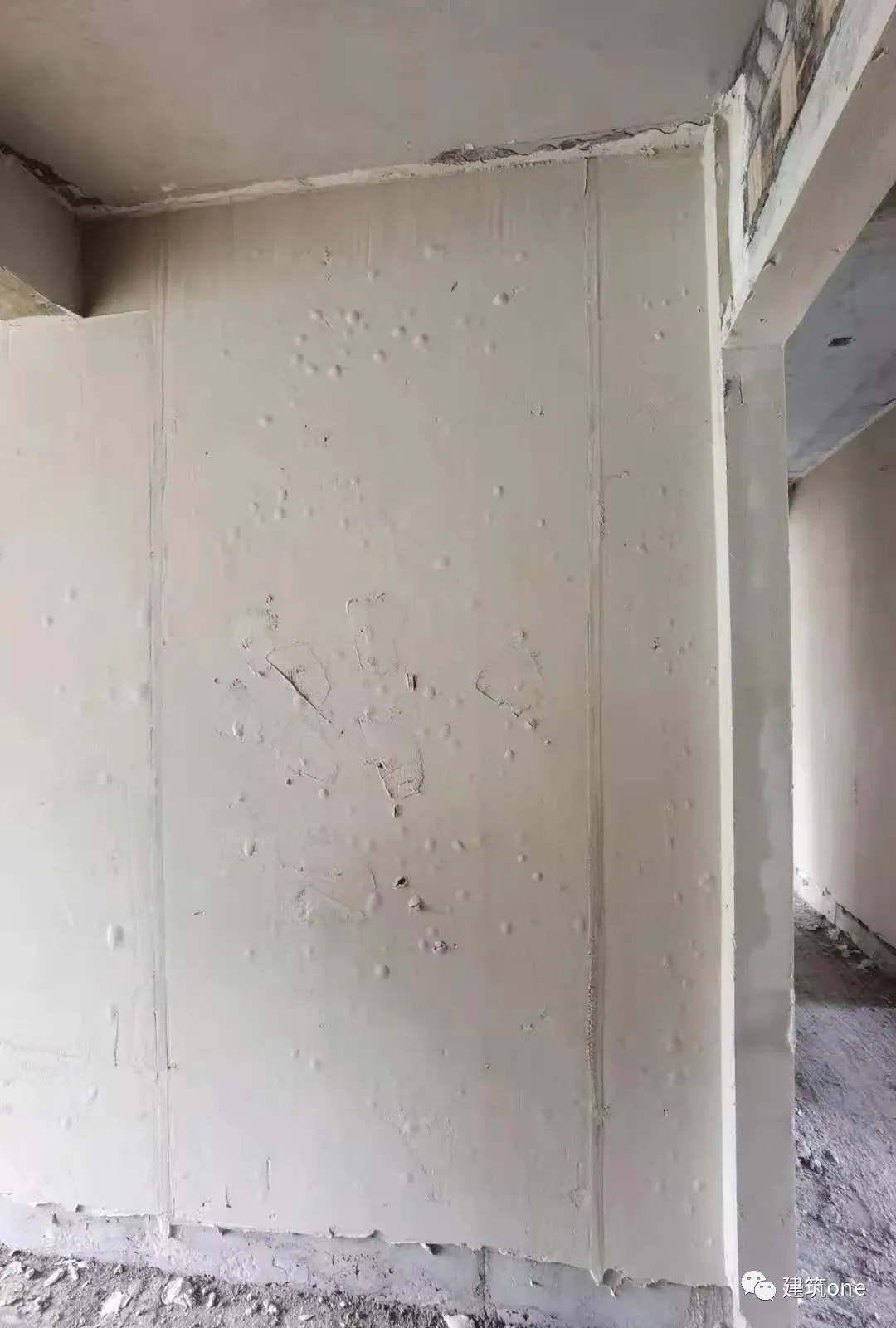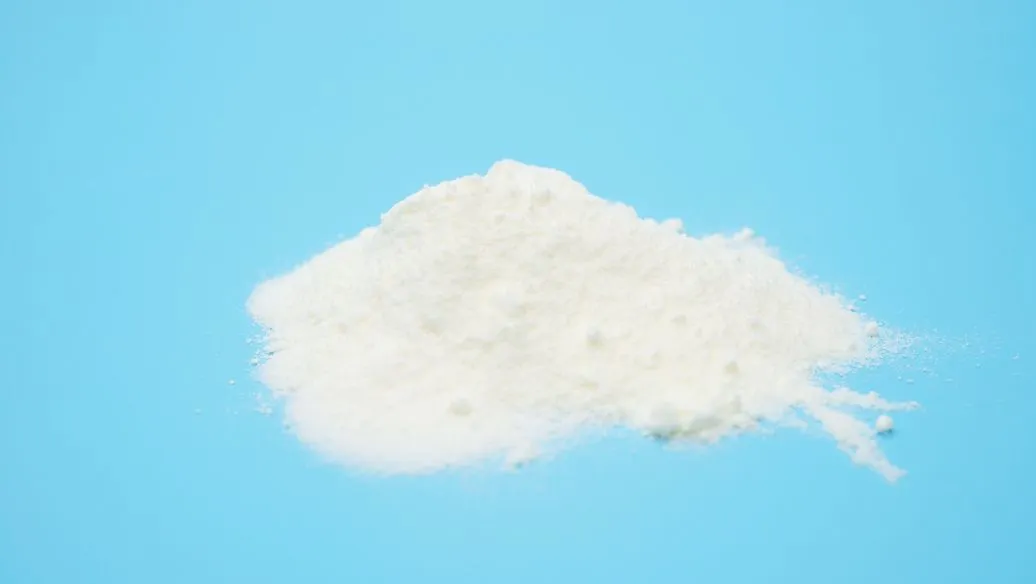
Advanced Additives in Industrial Formulations: Foam Control and Setting Time Optimization
In modern industrial applications—from construction materials to chemical manufacturing—additives play a vital role in performance and productivity. Two crucial categories are gypsum set retarders and foam control agents. A well-balanced formulation can lead to better processing times, improved surface finishes, and reduced material waste.

Enhancing Efficiency with Wholesale Gypsum Set Retarder and Foam-Control Agents
One popular and reliable additive is Großhandel Gipsabbindeverzögerer XYSJN1. Specifically developed for gypsum-based products, this retarder extends the setting time of plaster or gypsum board, allowing for smoother application and reduced cracking. Großhandel Gips Set Verzögerer XYSJN1 is widely used in construction, decoration, and prefabricated panel manufacturing due to its consistent quality and cost-effectiveness. By slowing the hydration process of gypsum, it provides more working time and helps achieve a more uniform finish.
However, in many gypsum and industrial processes, foam formation can cause a different kind of problem—overflow, reduced volume efficiency, or uneven curing. That’s where anti foaming agent technology becomes critical. An anti foaming agent is used to prevent or eliminate unwanted foam in both liquid and slurry systems. Whether in paint manufacturing, water treatment, or adhesives, these agents are key to maintaining system stability.

Breaking Down Foam: From Silicon-Based to Chemical Solutions
Foam control additives come in many forms, including silicon antifoaming agent, anti foaming chemicals, and hybrid chemical antifoam agent blends. A silicon antifoaming agent is one of the most common types, offering quick knockdown of foam and long-lasting suppression. It’s especially effective in high-temperature or high-shear systems such as fermentation tanks, industrial cleaners, or even cement slurries.
When comparing antifoam and defoamer, the terms are often used interchangeably, but there's a subtle difference. Antifoam and defoamer agents both tackle foam, but defoamers are designed to collapse existing foam, while antifoams are more preventive, working before foam even begins to form.
In more sensitive environments, anti foaming chemicals must meet environmental or food-grade standards. That’s why selecting the right chemical antifoam agent matters—some are synthetic blends, while others are bio-based. Chemical engineers must evaluate factors like pH compatibility, temperature stability, and residue potential to make the best choice for each application.
In gypsum manufacturing, for instance, both Großhandel Gipsabbindeverzögerer XYSJN1 Und anti foaming agent products may be used in tandem to ensure even setting while controlling air entrainment during mixing. This dual-use of setting time control and foam suppression results in high-quality surfaces and stronger material integrity.
Product FAQ: Gypsum Set Retarder and Anti-Foaming Agents
Q1: What is wholesale gypsum set retarder XYSJN1 used for?
Großhandel Gips Set Verzögerer XYSJN1 is used to delay the setting time of gypsum-based products, such as plaster, joint compounds, or gypsum boards. It provides extended working time and helps prevent premature hardening.
Q2: How do I apply wholesale gypsum set retarder XYSJN1?
It is typically added during the mixing phase of gypsum product manufacturing. The dosage depends on the desired setting delay and the system’s specific formulation.
Q3: What is an anti foaming agent, and where is it used?
An anti foaming agent is a chemical additive that prevents or eliminates foam in liquid systems. It's used in industries such as paint, coatings, adhesives, food processing, and wastewater treatment.
Q4: What’s the difference between antifoam and defoamer?
Antifoam and defoamer agents serve similar purposes, but antifoams prevent foam formation, while defoamers collapse foam that has already formed.
Q5: What makes silicon antifoaming agent effective?
A silicon antifoaming agent spreads rapidly on foam surfaces, weakening the bubble walls and causing them to collapse. It's highly effective in extreme conditions such as high heat or agitation.
Q6: Are anti foaming chemicals safe for food use?
Some anti foaming chemicals are food-grade certified. Always ensure the product is labeled for food contact and complies with local safety regulations.
Q7: What is a chemical antifoam agent composed of?
A chemical antifoam agent may include components like silicone oils, fatty alcohols, polyethylene glycol, or mineral oils, depending on the application and industry standards.
-
Hydroxypropyl Starch as a Sustainable Construction AdditiveNewsNov.24,2025
-
The Gelation Properties of CMCNewsNov.21,2025
-
Redispersible Latex Powder and Water Retention CapacityNewsNov.21,2025
-
Dosage Control for Polycarboxylate Water ReducerNewsNov.21,2025
-
Film-Forming Properties of Polyvinyl AlcoholNewsNov.21,2025
-
The Function of Gypsum Additives in MortarNewsNov.21,2025





















